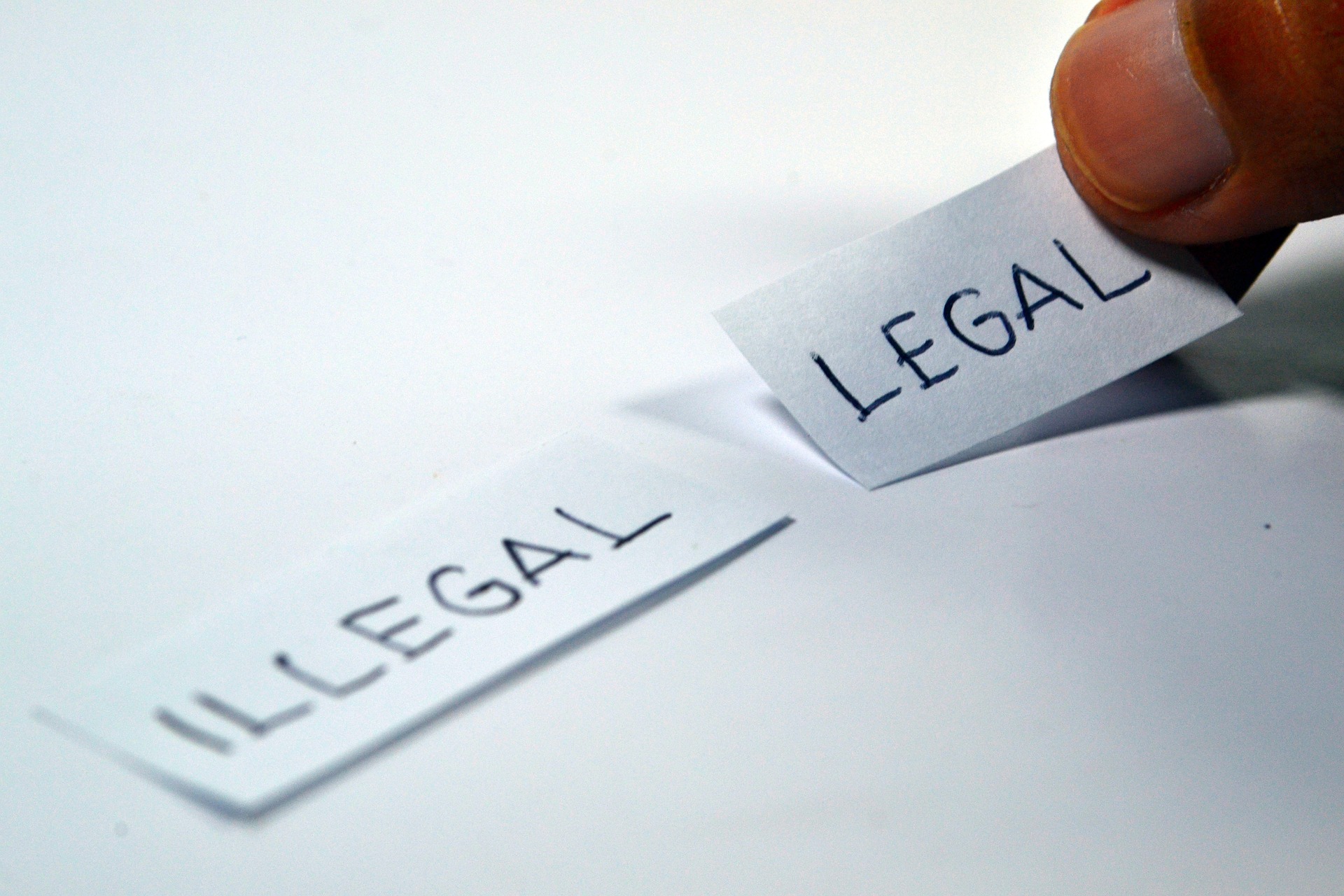Understanding the Role of Judicial Review in the U.S. Legal System
The U.S. legal system is a complex and intricate network of laws, court rulings, and legal precedents. One of the mechanisms that underpins this system is the practice of judicial review, a process that allows the courts to examine and potentially overturn laws and executive actions they deem unconstitutional. This article provides a comprehensive overview of judicial review, including its historical context, recent developments, and societal implications.

Judicial review is a fundamental part of the U.S. legal system, yet its complexity often leaves people confused about its role and impact. By demystifying this legal practice, we can enhance our understanding of the American legal landscape and its implications for citizens.
The Genesis of Judicial Review
The concept of judicial review has its roots in the 1803 landmark case, Marbury v. Madison. The Supreme Court, led by Chief Justice John Marshall, established the principle that the Court has the final say on what the Constitution means. This case set a precedent that would shape the trajectory of American law, empowering the judiciary to review and potentially invalidate laws and executive actions that contradict the Constitution.
The Mechanics of Judicial Review
Judicial review operates on a set of procedures. When a case comes to the court, the justices review the law or action in question against the U.S. Constitution. If they find a discrepancy, they can declare the law or action unconstitutional and effectively nullify it. This process underscores the system of checks and balances that is a hallmark of American democracy, ensuring that no branch of government can overstep its constitutional boundaries.
Recent Developments in Judicial Review
Over the years, judicial review has evolved and adapted to the changing legal landscape. Recent cases involving controversial issues like healthcare, gun control, and campaign finance have highlighted the power and influence of judicial review. These cases have ignited spirited debates about the scope and limits of judicial power, raising critical questions about the balance between judicial interpretation and democratic decision-making.
The Societal Impact of Judicial Review
Judicial review plays a significant role in shaping societal norms and values. By interpreting the Constitution, the courts can influence public policy and social behavior. For instance, landmark rulings on civil rights, abortion, and same-sex marriage have significantly altered societal attitudes and practices. However, the power of judicial review also brings controversy, as it can lead to perceived judicial activism, where courts are accused of making law, rather than interpreting it.
The Future of Judicial Review
As we navigate the complexities of the 21st-century legal landscape, the role of judicial review will continue to evolve. With emerging issues like data privacy, artificial intelligence, and climate change shaping policy debates, the courts’ interpretive power will be put to the test. How judicial review adapts to these challenges will shape not only the future of American law but also the trajectory of American democracy.
Through a comprehensive understanding of judicial review, we can better appreciate the intricate dynamics of the American legal system. Judicial review is not just a legal mechanism—it is a vital instrument of democracy, ensuring that no law or action can undermine the Constitution’s fundamental principles. In the ever-changing arena of law and policy, judicial review remains a critical defender of constitutional integrity.






